News
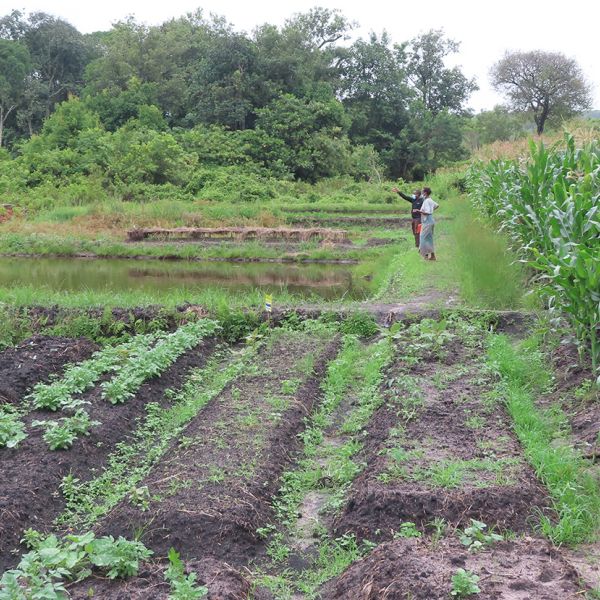
Jan 24, 2025
Researchers explore strategies to aid smallholder fish farmers in Zambia
Fish farming is key to food security in Africa; study shows that optimized agricultural resource management helps fish farmers in Zambia
Full Article
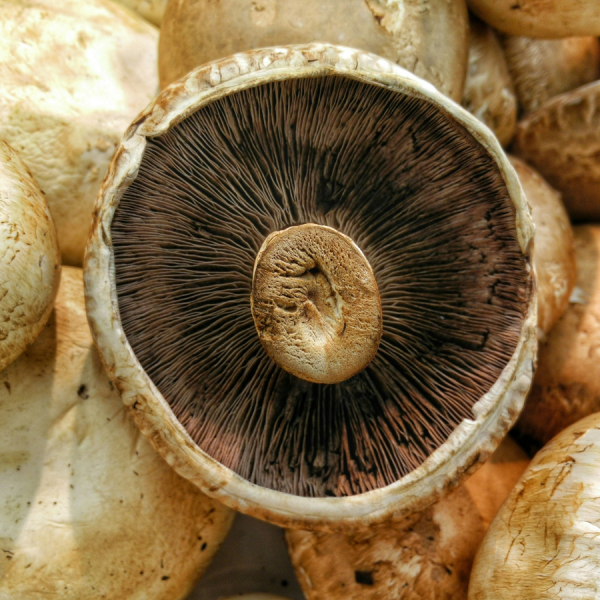
Jan 24, 2025
Harnessing mushroom microbiomes for better crop development
Microorganisms collected from the material in which button mushrooms are grown may benefit the development of future fungi crops, according to a study led by researchers in Penn State’s College of Agricultural Sciences and published in the journal Fungal Biology.
Full Article

Jan 24, 2025
Three faculty receive Presidential Early Career Award for scientists, engineers
Three Penn State researchers have been awarded the Presidential Early Career Award for Scientists and Engineers (PECASE), the White House announced on Jan. 14.
Full Article
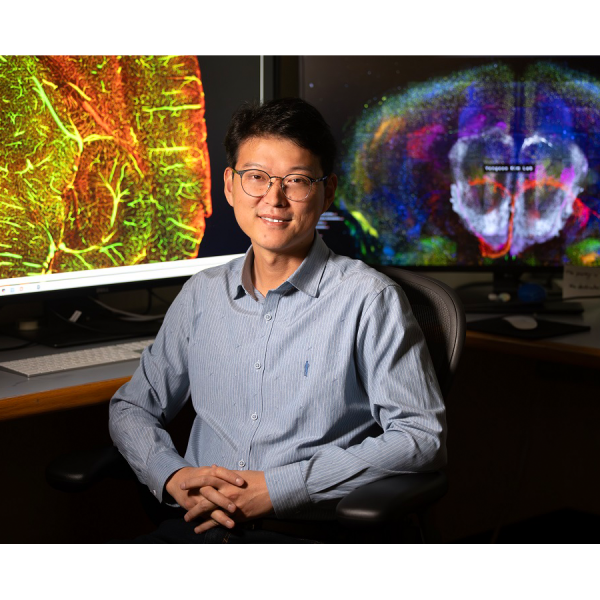
Jan 23, 2025
$17.9M NIH grant to research neurodevelopment disorders
Illuminating key biological pathways that underlie neurodevelopmental and psychiatric disorders, such as autism spectrum disorder and attention deficit hyperactivity disorder, is the goal of a new five-year, $17.9 million grant from the National Institutes of Health’s National Institute of Mental Health to a national team of researchers.
Full Article

Jan 23, 2025
NSF CAREER Award supports pursuit of ‘soft’ solutions for spinal cord injuries
Engineering science and mechanics researcher Tao Zhou to develop stretchy, injectable hydrogel electrodes to treat spinal cord injuries.
Full Article
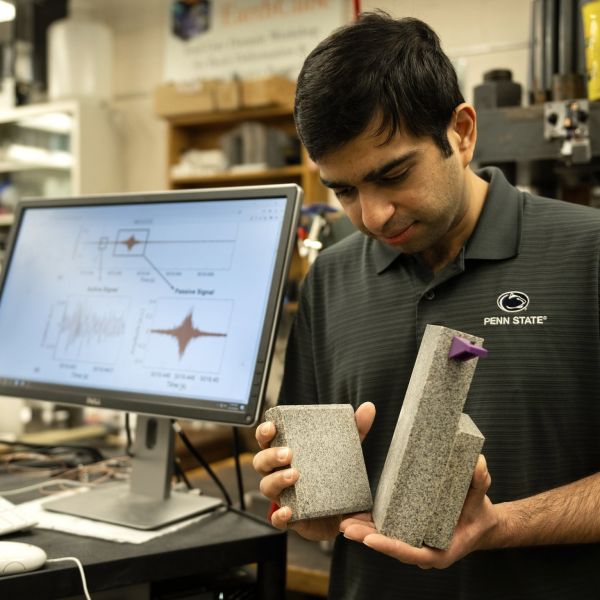
Jan 23, 2025
Predicting lab earthquakes with physics-informed artificial intelligence
By refining an artificial intelligence approach to predicting earthquakes in the laboratory, or labquakes, engineers at Penn State are paving the way to one day help forecast natural earthquakes.
Full Article

Jan 23, 2025
Mane attraction: Molecular ‘switch’ may control long scalp hair
Treating hair loss may be as simple as developing therapies to flip a molecular “switch,” according to a new study by researchers from Penn State; the University of California, Irvine; and National Taiwan University.
Full Article
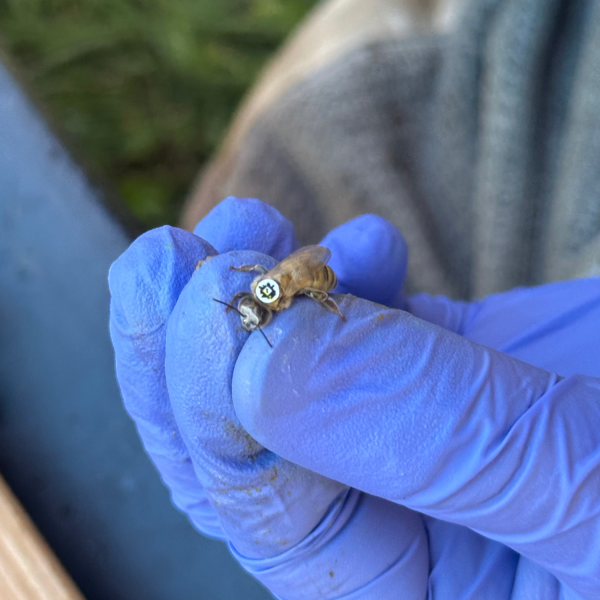
Jan 22, 2025
‘Buzz me in:’ Bees wearing itty bitty QR codes reveal hive secrets
Researchers attached QR codes to the backs of thousands of bees to track when and for how long they left their hives.
Full Article
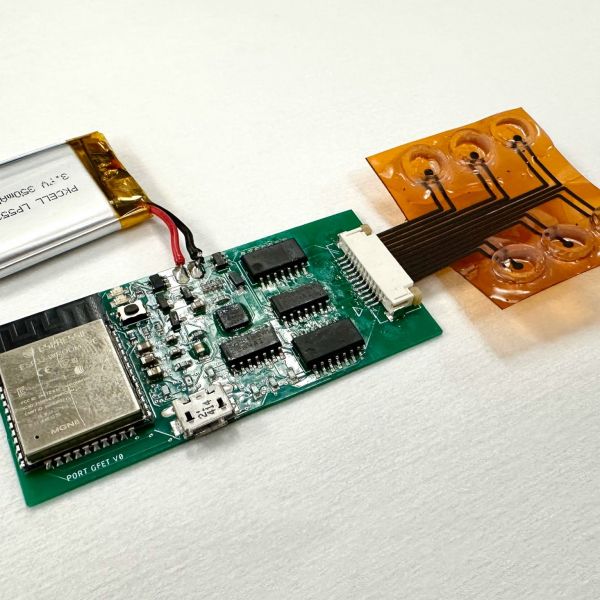
Jan 21, 2025
Biosensing platform simultaneously detects vitamin C and SARS-CoV-2
Penn State engineering researchers have developed a portable and wireless device to simultaneously detect SARS-CoV-2, the virus that causes COVID-19, and vitamin C, a critical nutrient that helps bolster infection resistance, by integrating commercial transistors with printed laser-induced graphene.
Full Article

Jan 21, 2025
Despite knowing where and when people hunt, Canada geese don’t flee far
Geese appear to understand when and where hunting takes place but are willing to risk the danger to stay close to resources and their primary habitats, according to a new study led by researchers at Penn State.
Full Article